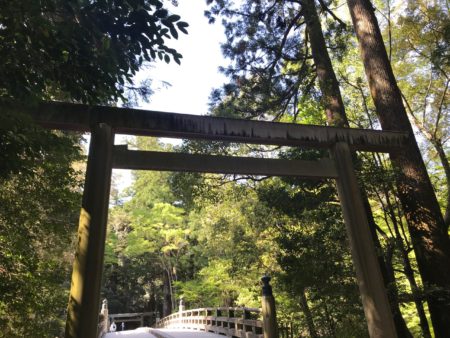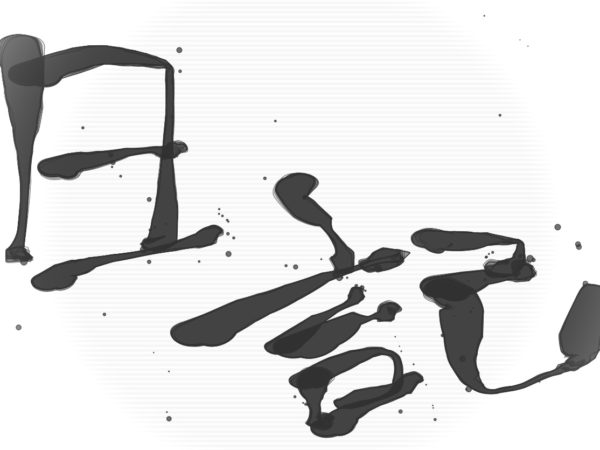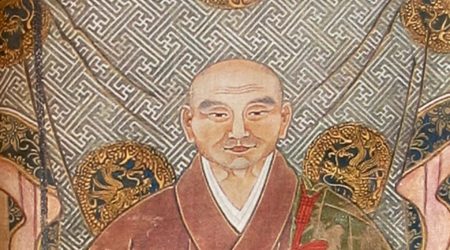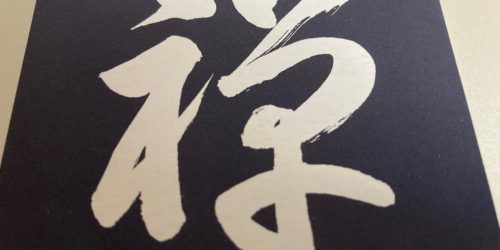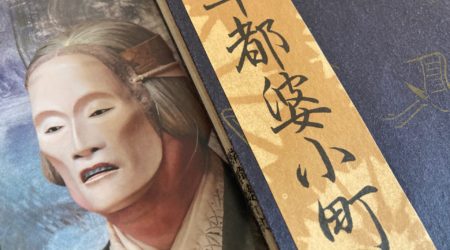Japanese people have an independent religion
Many non-Japanese people seem to have doubts about the way Japanese people view religion.
Most Japanese people cannot explain their religious ideas, and they think that they have no religion.
On the other hand, there are many Buddhist temples and Shinto shrines around the country.
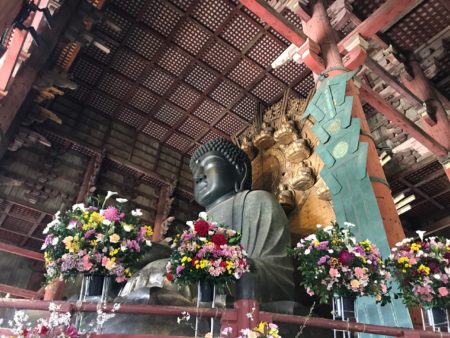
So many non-Japanese people are puzzled by this contradiction, and they may not think that Japanese people are serious about the religion.
However, I think that the manners and customs of Japanese people are very religious.
There is no doubt that Japanese people have an independent religion.
I’d like to give my opinion freely.
We Japanese usually say “Itadakimasu” before starting to eat.
We use this word subconsciously in everyday life.
However, “Itadakimasu” has a profound and religious meaning.
“Itadakimasu” means eating with gratitude.
Gratitude covers a lot of subjects: the person who made a meal, farmers, the food, and a happy environment in which we can satisfy hunger and thirst.
We more or less believe that behind those things there is an invisible power with capabilities that are superior to those of human beings.
In other words, we are grateful for god’s bounty whenever we are starting to eat.
I think it is very religious.
Some Japanese words in everyday life include religious meanings.
So I think that our lifestyles or ways of thinking are influenced by our language unconsciously.
The Japanese language serves as religious scriptures for Japanese people, or the Japanese language is a religion itself.
Since ancient times, people have believed that the Japanese language has an unusual power.
Common religious values still permeate the thinking of virtually all Japanese people.
Buddhism and Shinto are the idolized faiths of Japanese people.
Though Japanese people have no awareness of their religion, they live religious lives.
